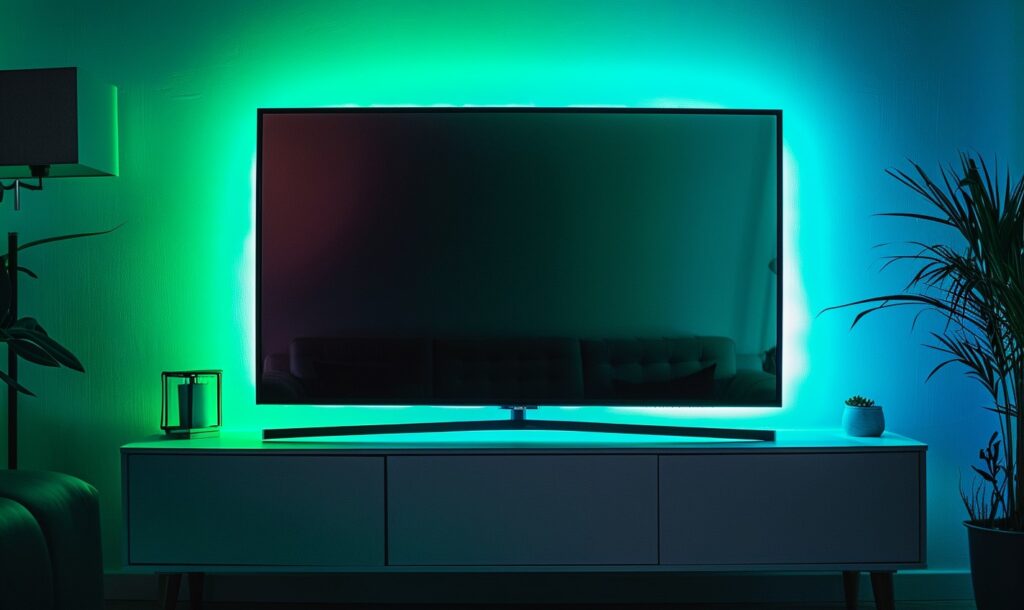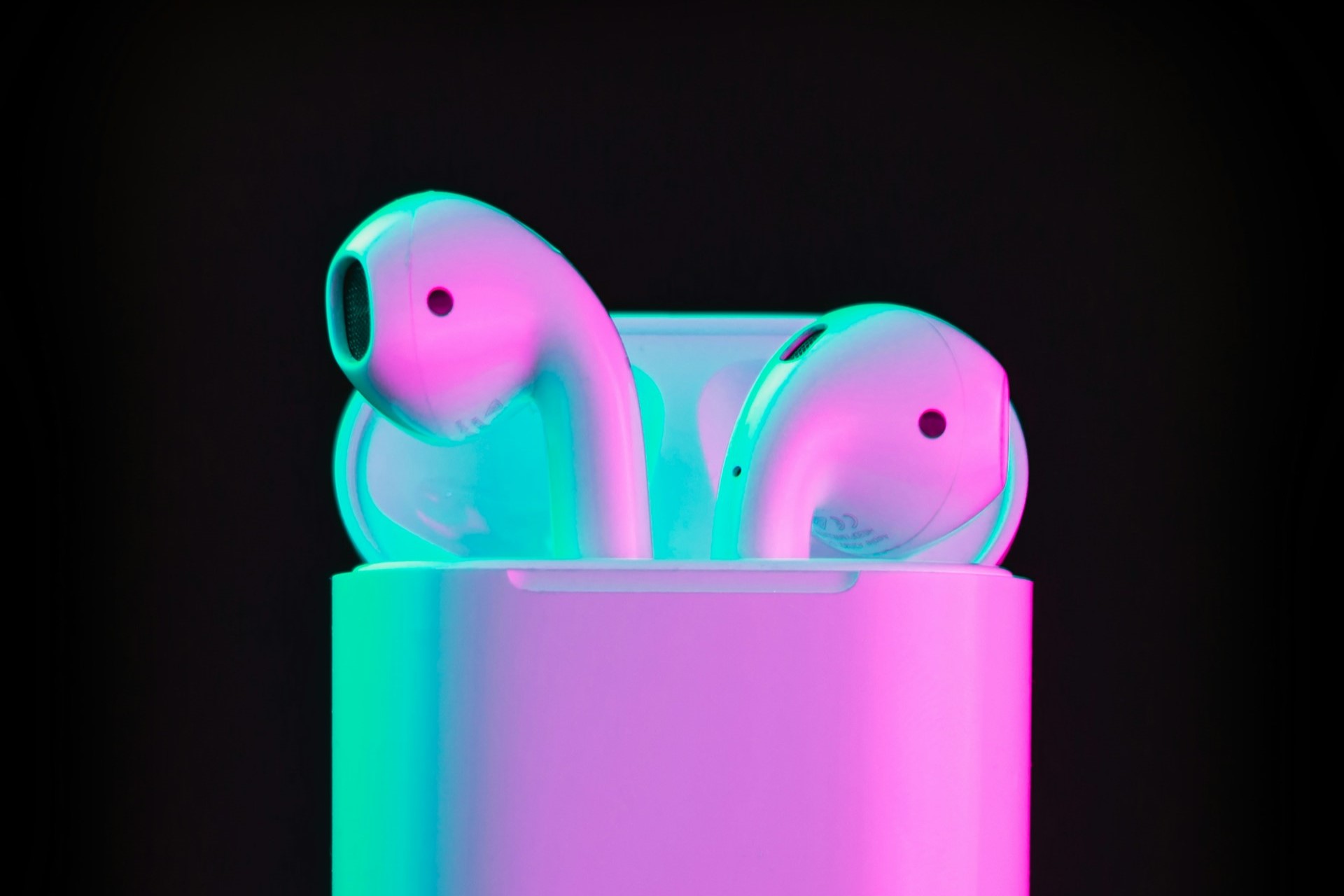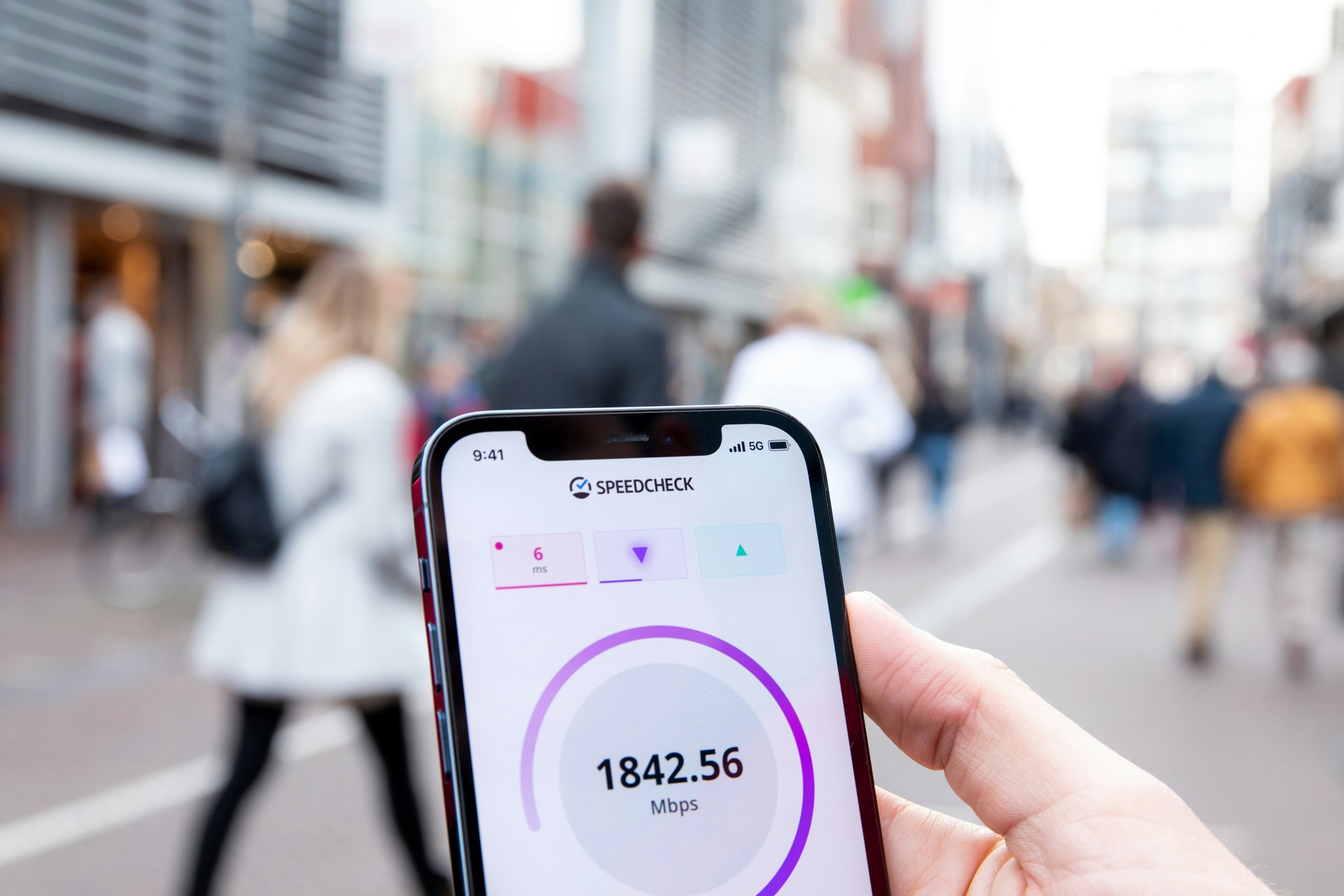Buying a laptop isn’t an easy task. It requires a lot of research and making sure you get the absolute best machine for your needs. There are a bunch of specs to consider, let alone price and size. Take a look at this guide before you go to buy a laptop.
What’s Your Price Point?
Honestly, this is probably the most important place to start when buying a laptop. If there’s a price you’re not comfortable spending, the beginning is the best time to realize that.
If your budget is more flexible, you can have a top-end range you’re willing to consider. Only looking at laptops within your budget keeps you from falling in love with one you can’t afford.
What Operating System Fits Your Needs?
Windows versus Mac — and now Chromebook as well — is the age-old debate. While Chromebook is the newest on the market, it’s turned into a fierce competitor over the years. It could very well give Windows and Mac a run for their money. What’s most important is what you’ll be using the laptop for the most and how these operating systems will work with what you want to do.
The biggest draw for Windows is that, well, it’s the biggest. A wide variety of laptops at all price points have Windows as an operating system.
If you’re a gamer or have a lot of software you’re planning to use, this is your best bet.
The biggest down side is that it’s the least secure OS since it’s so widely used. It also updates frequently, which could mess up software that doesn’t keep up and can be buggy.
Chromebook is Windows’ biggest low-end competition. Chromebooks are cheap, and with Google equipping them with Android apps, they’re going to be a lot more versatile than they were previously.
Storage space is limited, and it doesn’t have all of the capabilities of a full laptop, though. However, if you’re mainly using it for things like Netflix and web browser-based tasks, it’s probably the best and cheapest option.
Mac is kind of the luxury version of laptops — and the price certainly reflects that. You’ll pay at least $1,000 for one of these. However, the operating system is probably the easiest to use, and if you already have an iPhone, it’ll connect with it seamlessly. Mac OS is only available on Apple computers, so it’s less likely to be buggy or have security issues. Being limited has its downfall, though. Software is more limited, and it’s definitely not a laptop for a gamer.
How Much Storage Do You Need?
Another big debate: regular hard drive or a solid-state drive? Hard drives (HDDs) will get you the most storage for the price — a terabyte or two is fairly common. Solid-state drives (SSDs) are most commonly found at 128 or 256 gigabytes. Very cheap Windows laptops and Chromebooks usually have almost no storage — only as much as a phone, around 32GB, and most of that is used up by the operating system.
Again, it depends on your use. Gaming is the main reason for a huge HDD because PC game files are usually pretty large. If you’re going to be doing a lot of video or photo work and storing a lot of those, it could be a good call for you as well.
However, most people are storing things like photos in a cloud and do a lot of their main tasks on a browser instead of downloaded software. With that, you won’t need a lot of storage, except for maybe some for documents. If you’re going to be working solely online, Chromebooks are okay, but if you’ll need to save any decently sized files, a 256GB HDD or SSD is a solid choice. There’s always the option of getting an external hard drive if you find you need more space, too.
Don’t Sweat The Little Things
You may be worried about things like video cards and optical drives, but they aren’t really needed. Optical drives are very rarely used anymore, so unless you have a deep need to burn DVDs or mix CDs, skip it and save money. Video cards are only really needed for serious PC gaming, so if that’s not you, you’re good to go.
A lot of ports aren’t used either. USB is always good to have, and almost all laptops will be equipped with them. USB-C ports are increasingly popular, though, so you may need to purchase a dongle to connect with your accessories. An HDMI outlet is useful too, but you shouldn’t need much else.
It can be hard to choose the laptop that’s perfect for you. This basic guide can help steer you in the right direction when you’re ready for buying a laptop.
Recent Stories
Follow Us On
Get the latest tech stories and news in seconds!
Sign up for our newsletter below to receive updates about technology trends














